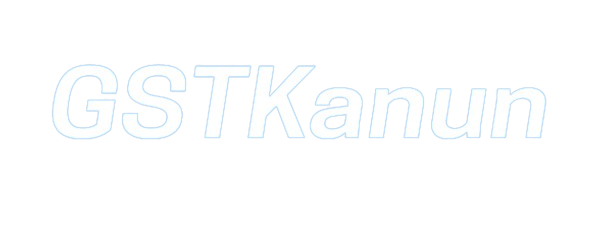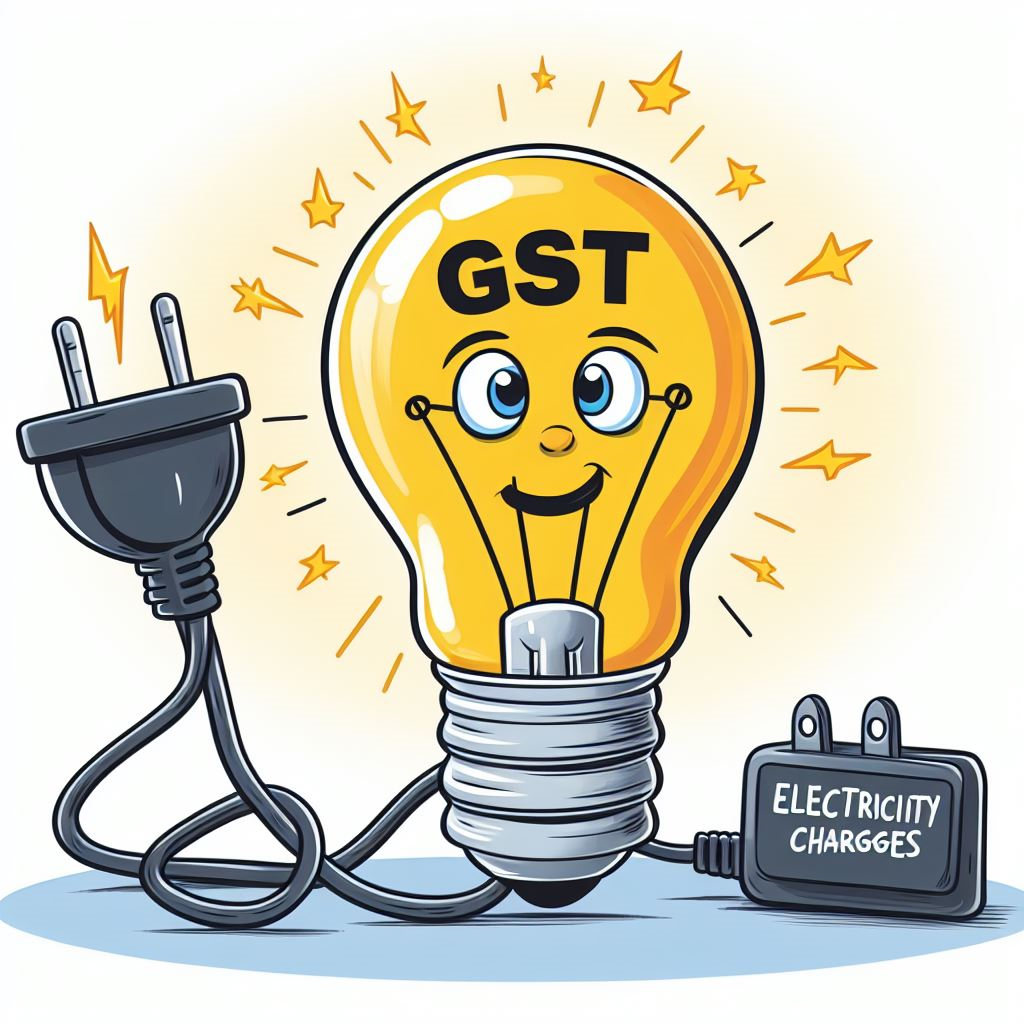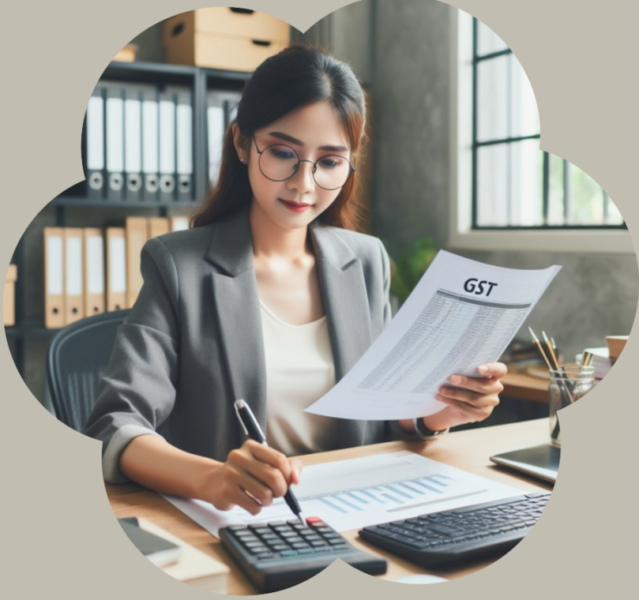#1. Which of the following taxes not subsumed in GST?
Answer: d) Professional Tax
Explanation : Professional Tax is not subsumed in GST, It is kep out of GST.
#2. Which article of Constitution gives power to the Parliament to make laws with respect to GST?
Answer : a) Article 246A
Explanation : Under Article 246A’, the Parliament has exclusive power to make laws with respect to GST where the supply of goods or services or both take place in the course of inter-State trade or commerce.
#3. Which of the following Central Taxes are not subsumed into GST
Answer: d) Customs Duty, SAD on Five petroleum products.
Explanation : Customs Duty and Central Excise duty/Additional duty customs (CVD) and SAD on Five petroleum products for a period of time is kept out of GST net.
#4. Which of the following products covered under GST?
Answer : c) Tobacco
Explanation : Tobacco products are taxable under the GST.
#5. Which Article of Constitution defines GST as any tax on supply of goods or services or both except taxes on supply of liquor for human consumption?
Answer : b) Article 366(12A)
Explanation : GST is defined under Article 366(12A) as any tax on supply of goods, or services or both except taxes on supply of alcoholic liquor for human consumption.
#6. As per Section 2(d) of the CST Act, 1956 definition of goods does not include:
Answer : d) Newpapers
Explanation : Section 2(d) of the CST Act, 1956 defined ‘goods’ to include “all materials, articles, commodities and all other kinds of movable property but does not include newspaper, actionable claims, stocks, shares and securities.”
#7. As per Section 2(d) of the CST Act, 1956 ‘goods’ include
Answer : c) All materials, articles & commodities
Explanation : The Section 2(d) of the CST Act, 1956 defined ‘goods’ to include “all materials, articles, commodities and all other kinds of movable property but does not include newspaper, actionable claims, stocks, shares and securities.”
#8. Machinery installed at site, tanks embedded to earth, cement poles erected on site are examples of.
Answer : a)
Explanation : Expression ‘Immovable property’ is defined in section 2(26) of the General Clauses Act, 1897 to “include land, and benefits to arise out of land and things attached to the earth or permanently fastened to anything attached to the earth. Machinery installed at site, tanks embedded to earth, cement poles erected on site are examples of immovable property.
#9. Any suppply of goods or services, where the location of supplier (say Nagpur in Maharashtra) and the place of supply (say Mysore in Karnataka) are in different States, it is called as :
Answer : b) Interstate Supply
Explanation : The criteria to determine such supply is laid down in sections 7 and 8 of the IGST Act. Any supply of goods or services, where the location of the supplier and the place of supply are in different States, it is called inter-State supply.
#10. Small-scale units manufacturing specified goods are allowed exemption from GST up to annual turnover of:
Answer : Rs. 40 Lakhs, Rs. 20 lakhs for special category states
Explanation : The GST Act specifies that businesses with an annual turnover of up to Rs. 40 lakhs (Rs. 20 lakhs for special category states) are not required to register under GST. This limit is known as the GST exemption limit or the threshold limit.
#11. The composition scheme under section 10 of CGST is available to registered persons with less than Rs 150 lakh turnover in the previous year.
Answer : a) Rs 150 lakh turnover in the previous year.
Explanation : As per section 10 of CGST Act 2017,a taxpayer whose turnover is below Rs 1.5 crore* can opt for Composition Scheme.
#12. Mr. X located in Mumbai Maharashtra supplied goods to Mr. Y in Delhi. which Tax will be applicable to this transaction?
Answer : d) IGST
Explanation : If goods are supplied from One state to another state in India IGST will be applicable.
#13. Which of the following statement is true?
Answer : a) The movement of goods or supply of services from one State to another on transfer basis would be leviable to tax.
Explanation : Under GST, the movement of goods or supply of services from one State to another on transfer basis would be leviable to tax, as it would be treated as supply by one distinct person to another (due to State-wise registration). The tax paid would be available as credit to the recipient.






